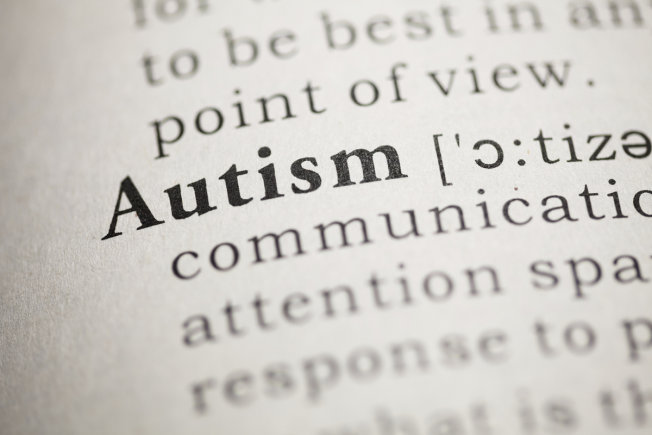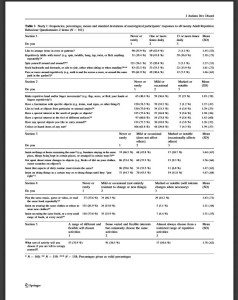Could a Questionnaire Help To Diagnose Autism?

Doctors mainly diagnose Autism, or ASD, by monitoring development and behavior. But a new questionnaire assessment might make the diagnosis a bit easier.
What is ASD?
Autism spectrum disorder, or ASD, is a group of developmental disabilities that can cause significant social, communication and behavior challenges, according to the CDC. The process used by doctors to diagnose ASD in children and adults is mainly the monitoring of their development and behavior, respectively. But there may be a new method to help identify autism in adults; a self-assessment test has been created at Cardiff University that looks for repetitions in adult’s behavior. ASD includes several conditions – autistic disorder, pervasive developmental disorder and Asperger syndrome. Those diagnosed with these conditions may “repeat certain behaviors and might not want change in their daily activities. Many people with ASD also have different ways of learning, paying attention or reacting to things. Signs of ASD begin during early childhood and typically last throughout a person’s life” (CDC). According to Medical Daily, ASD occurs in more than one in every 100 people.
 New Study: Nutrient Found in Broccoli May Help Symptoms of Autism. Click here!
New Study: Nutrient Found in Broccoli May Help Symptoms of Autism. Click here!
The Study
Dr. Sue Leekam, director of the Wales Autism Research Centre, felt that a “broad measure of repetitive behavior that adults could complete on their own” would give a personal insight into how those behaviors affect them directly. Which, in turn, would help doctors diagnose them.
This assessment was designed after the Repetitive Behaviors Questionnaire-2, an older assessment originally designed for use by parents of young children. The team needed to rephrase and reconstruct the assessment using appropriate adult behaviors and words. The test has been validated as a “reliable and valid measure of autism”.
Dr. Leekam explains that the test cannot diagnose autism on its own, mainly because “repetitive behaviors are only one criterion for a diagnosis of autism.” Further research and testing is needed. But scientists and researchers hope a new test will soon be developed that can help all ages. Here is where you can find the self-assessment test.
Sources: http://www.medicaldaily.com/ and http://www.cdc.gov/